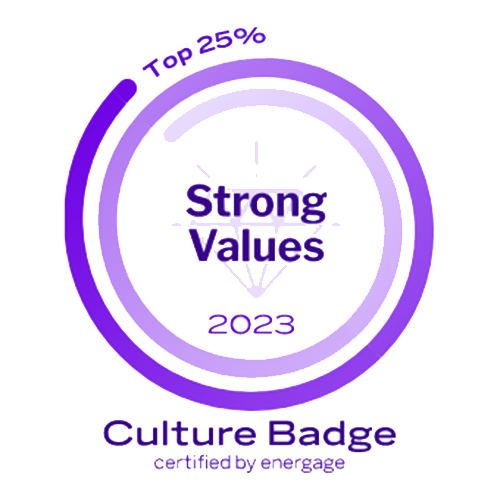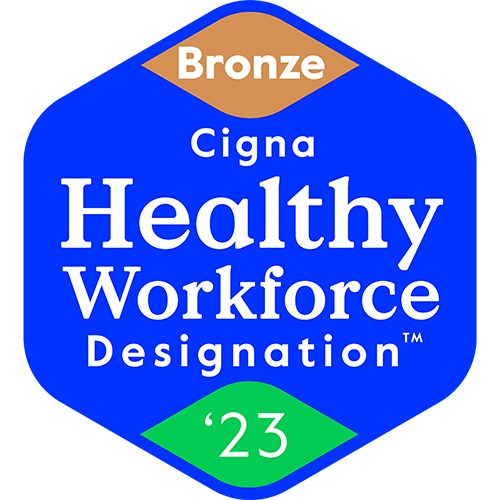If you’ve ever presented the keynote for a corporate event, you know it’s a job with considerable responsibility. You’re essentially in charge of setting the tone for the entire event, which means communicating a powerful message and moving your audience to action.
Whether you’re a keynote pro and at ease on the stage or experience a manageable level of anxiety before presenting, it’s important to prepare. You can have all the confidence in the world, but if you haven’t properly done the work, you risk your presentation falling flat.
Effective communication is critical to reaching your audience and affecting change. To get ready for your next keynote delivery, here are four best practices to consider:
1. Focus
Don’t make it all about you. As mentioned before, storytelling is an essential part of a keynote speech. But it’s important to bring your audience into the story. Ask questions, bring up volunteers, or tell a joke. When devising anecdotes, make them relatable—that way, your audience will feel like they’re a part of your story, too.
Make eye contact. It’s easier to make connections when you look directly at people. While speaking in a clear, confident voice is important, research shows 55% of effective presentations come from nonverbal communication. According to an article by Simon Day, an executive presentation and public speaking coach, eye contact should be sustained 60%–70% of the time to build an emotional connection.
Focus on the bigger picture. As long as you’ve practiced and feel confident on stage, you can focus on the audience and not on how you’re performing. This way, if you’re fielding questions or something happens you aren’t prepared for, you’ll have an easier time adjusting to meet your audience where they are. Be attentive to your audience and provide them with what they need at any given moment.
2. Breathe
Make sure to pause. Take the time to tell your story. You don’t want to go so fast the audience can’t follow your journey. Don’t be afraid to pause. Silence lets you draw your audience in and create anticipation before you make an essential point. Confident speakers are comfortable with silence and know you must also be a good listener to make an impact. Of course, this doesn’t mean you can’t ever go fast or show excitement about your topic. Your audience wants you to be excited. Ultimately, it’s about pacing—and good pacing will make you a more powerful speaker.
3. Practice
Do it out loud. We all know the cliche that practice makes perfect, but it’s true. The more prepared you are for your keynote, the more present you can be for your audience. When preparing, practicing your speech at an average speed is a good rule of thumb so you get used to speaking the words. You can do it alone in an empty room, and when you’re ready, try practicing in front of friends or family members. Of course, you’ll also want to keep mentally preparing. Through practice, you’ll be more comfortable with your key points and better able to deliver your speech confidently and with poise.
4. Visuals
Images make it easier for your audience to understand. They don’t only make your presentation look better, but visually appealing images, charts, and graphs can help your audience retain the information better. After all, research shows 65% of people are visual learners. Choose images that will provoke an emotional response from your audience, like photos from your personal collection. Remember the “glance test,” which means your audience should understand your visuals within three seconds. According to the Presentation Training Institute, 60% of listeners can remember content supported by visuals, while only 10% remember verbal content.
Bottom Line
Through careful planning, practice, remembering to put your audience first, and the power of good visuals, your next keynote address will help lead to a successful event and a memorable delivery.











